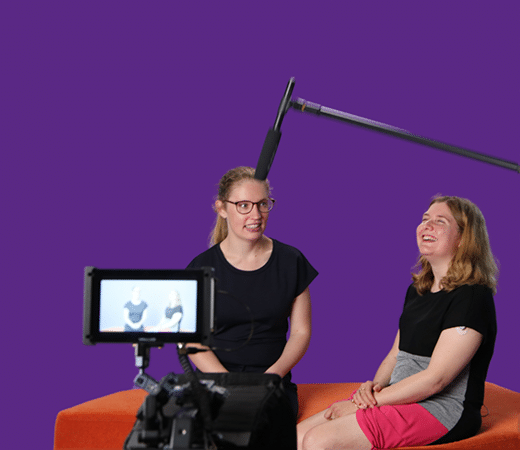




Cerebral Palsy Alliance is a ground-breaking, global centre of expertise for cerebral palsy services and support, research, technology and innovation, and advocacy. Our alliance of great minds work together to deliver a world of opportunity for people with cerebral palsy and similar disabilities, and their families.




Find out what’s happening at Cerebral Palsy Alliance and in the disability sector. Hear the latest news on research, advocacy, assistive technology, NDIS, and our evidence-based services. And be inspired by stories from people with lived experience who are breaking barriers.


